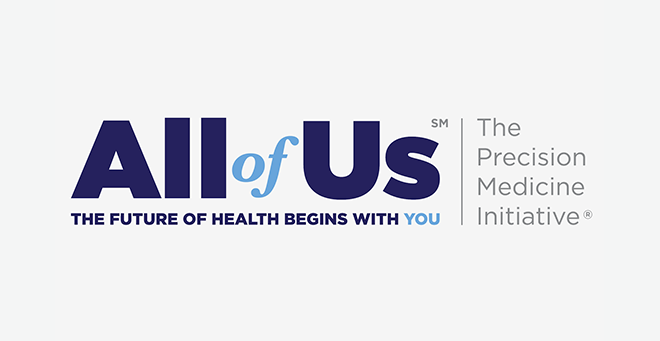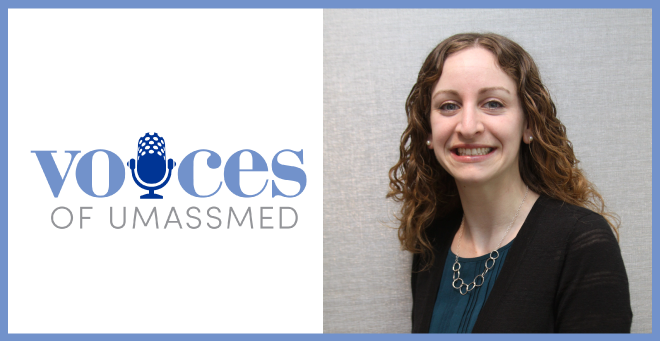
A database designed to speed up medical breakthroughs and reduce health disparities by gathering detailed health information from at least one million people across the United States is yielding fruitful research for investigators at UMass Chan Medical School, a program partner. The All of Us Research Program received its second round of funding last fall.
“The All of Us data is powerful, combining diverse genomic data with other sources of data, such as survey data, electronic health record data, Fitbit data and social risk data,” said Ben S. Gerber, MD, MPH, professor of population & quantitative health sciences and medicine. “There are not that many data sets out there that have all of these collected and linked.”
The longitudinal medical, environmental, lifestyle and genetic information from a large, diverse group of participants supports development of precision medicine—therapies that are matched to a person’s individual need; provides potentially more opportunities for research on rare diseases; and could address health disparities, organizers say.
The National Institutes of Health program was launched locally in 2018, with UMass Chan and its clinical partner, Reliant Medical Group.
So far, 779 institutions have registered to use All of Us data, and 325 research studies incorporating the data have been published. At UMass Chan, Dr. Gerber leads a monthly group of faculty, trainees and students who use the All of Us Workbench, a platform for analyzing the health data.
A foundational goal of the All of Us Research Program is to enroll people from populations that have been historically underrepresented in biomedical research, according to site principal investigator Mara Meyer Epstein, ScD, ScM, associate professor of medicine.
Participants come from various races, ethnicities, age groups and regions of the country. They are also diverse in gender identity, sexual orientation, socioeconomic status, education, disability and health status.
“One of our focus areas in the first five years has been enrolling individuals who are of older age. Older adults have traditionally not been a focus of medical research and have also been excluded from clinical trials,” said Dr. Epstein. Nearly one-third of the locally enrolled participants are 65 or older.
Comprehensive data with biomedical samples are available from more than 545,000 participants nationwide, including 5,716 in Central Massachusetts. In the national sample, 87 percent identify with at least one population underrepresented in biomedical research, with 45 percent from racial and ethnic minority groups.
UMass Chan researchers have already contributed to biomedical knowledge using the All of Us data.
Epstein was a co-author of a study examining sociodemographic correlates of opioid use, misuse and use disorders in the All of Us Research Program. The data will enhance the estimates of the prevalence of opioid use disorder among diverse populations, including groups that are underrepresented in the national survey data, according to the authors.
Artificial intelligence specialist Feifan Liu, PhD, associate professor of population & quantitative health sciences, collaborates with Gerber and colleagues from other institutions, while also serving as a mentor through All of Us programs to a high school student and an undergraduate student.
They are collaborating on a wide range of projects, examining issues such as disparities of acute care utilization among patients with diabetes; predicting the risk of developing cardiovascular disease among people with type 2 diabetes; analyzing the effects of insurance and substance use history on hepatitis C treatment initialization; and predicting the risk of lactation problems in first pregnancies.
“It’s nationally representative and demographically diverse, so for AI-based predictive modeling, it’s easier to assess the generalizability and ethical aspects (e.g., AI fairness related to health disparities) of the system, which is a big concern in the ‘AI for health’ community,’” said Dr. Liu.
Nearly 8,000 participants in Central Massachusetts have been enrolled over the past five years and contributed at least some information. Program staff hope to include more than 10,000, according to Joann Wagner, senior research program manager in the Division of Health Systems Science in the Department of Medicine. For more information or to enroll, visit https://www.joinallofus.org.
“This is only the tip of the iceberg,” Gerber said. “We have so many things going on.”



